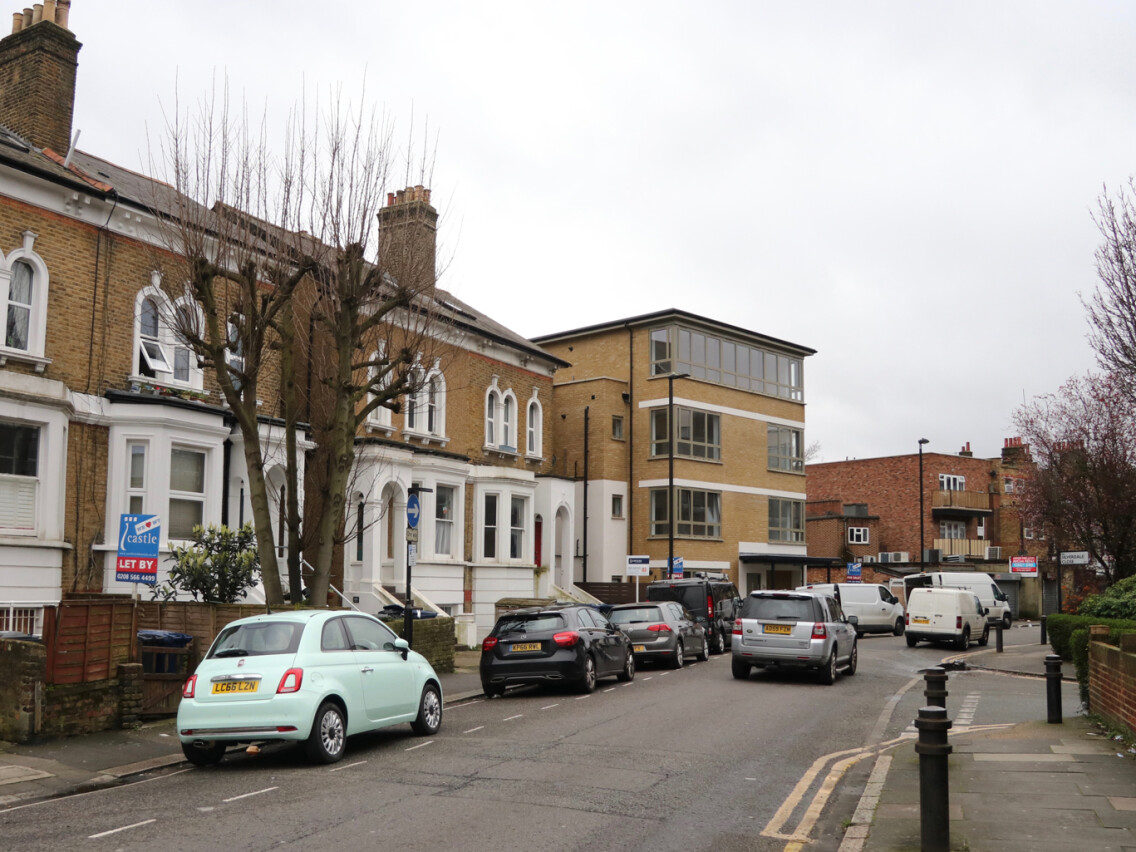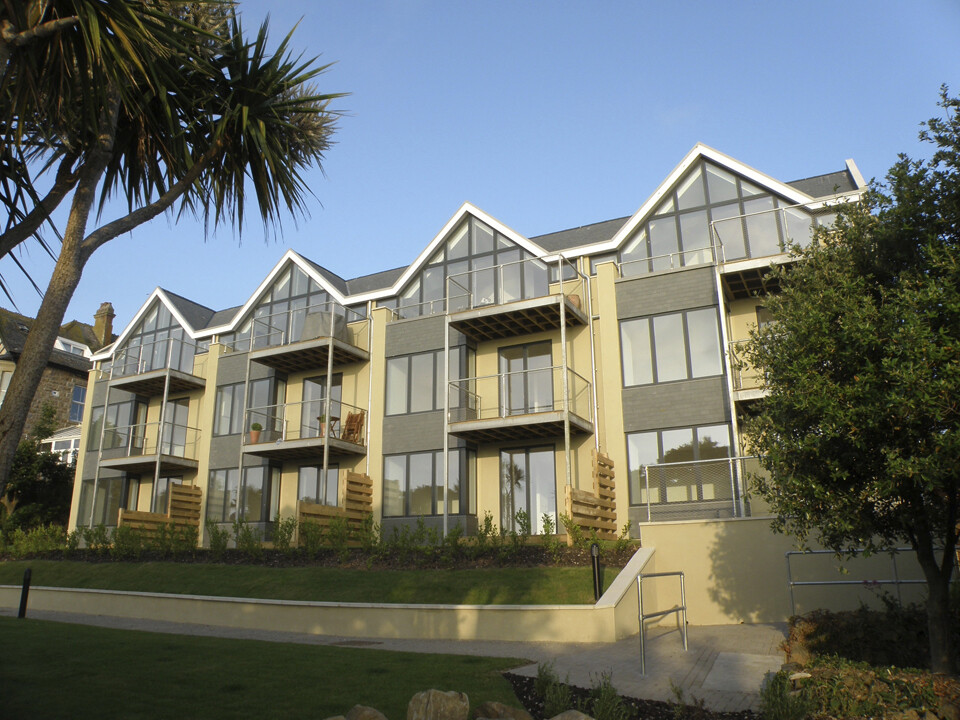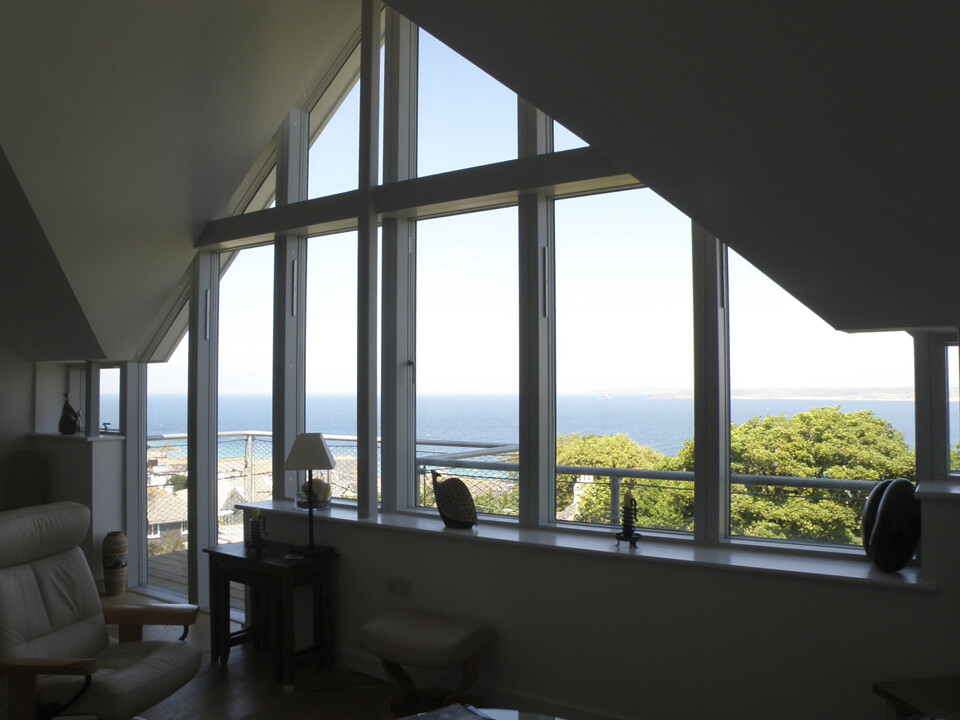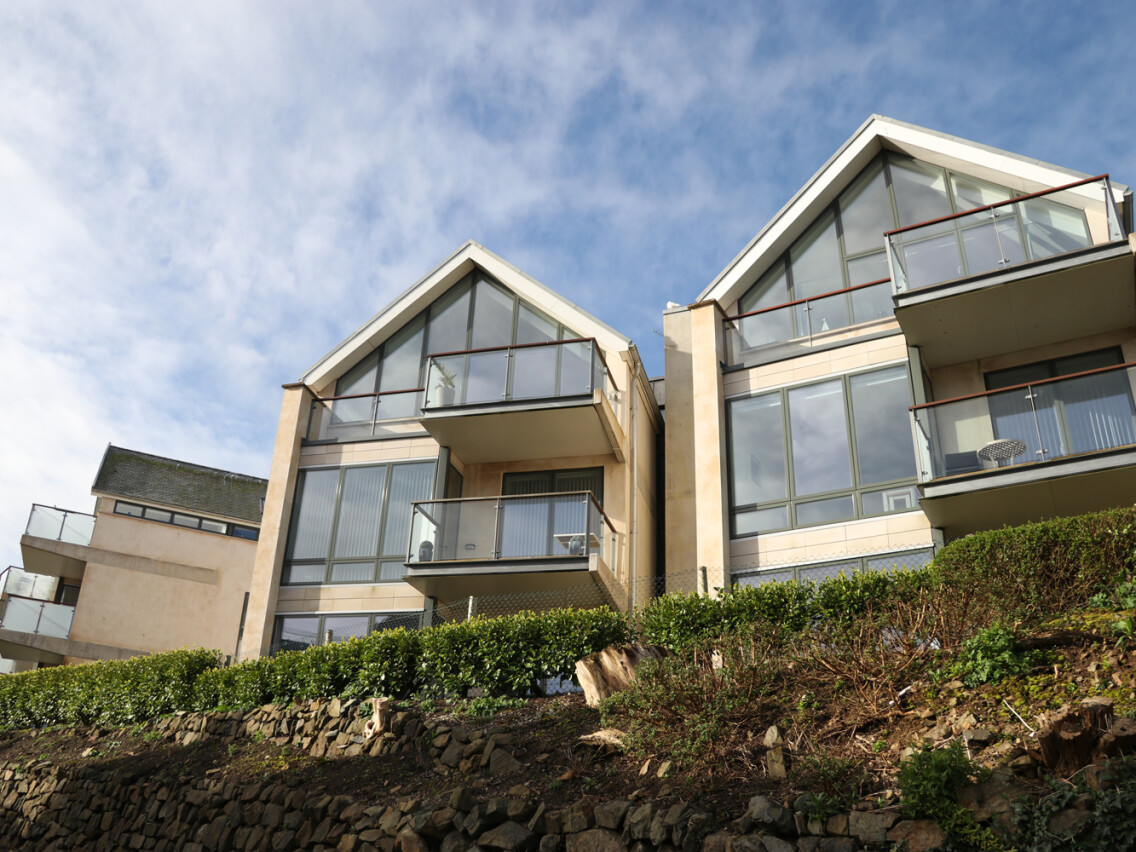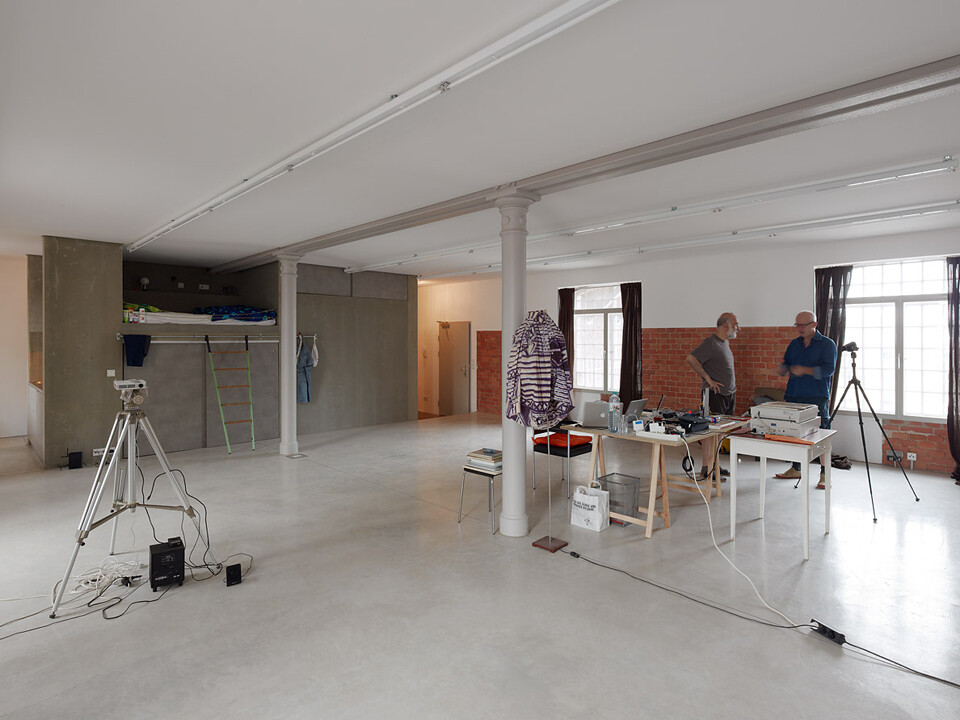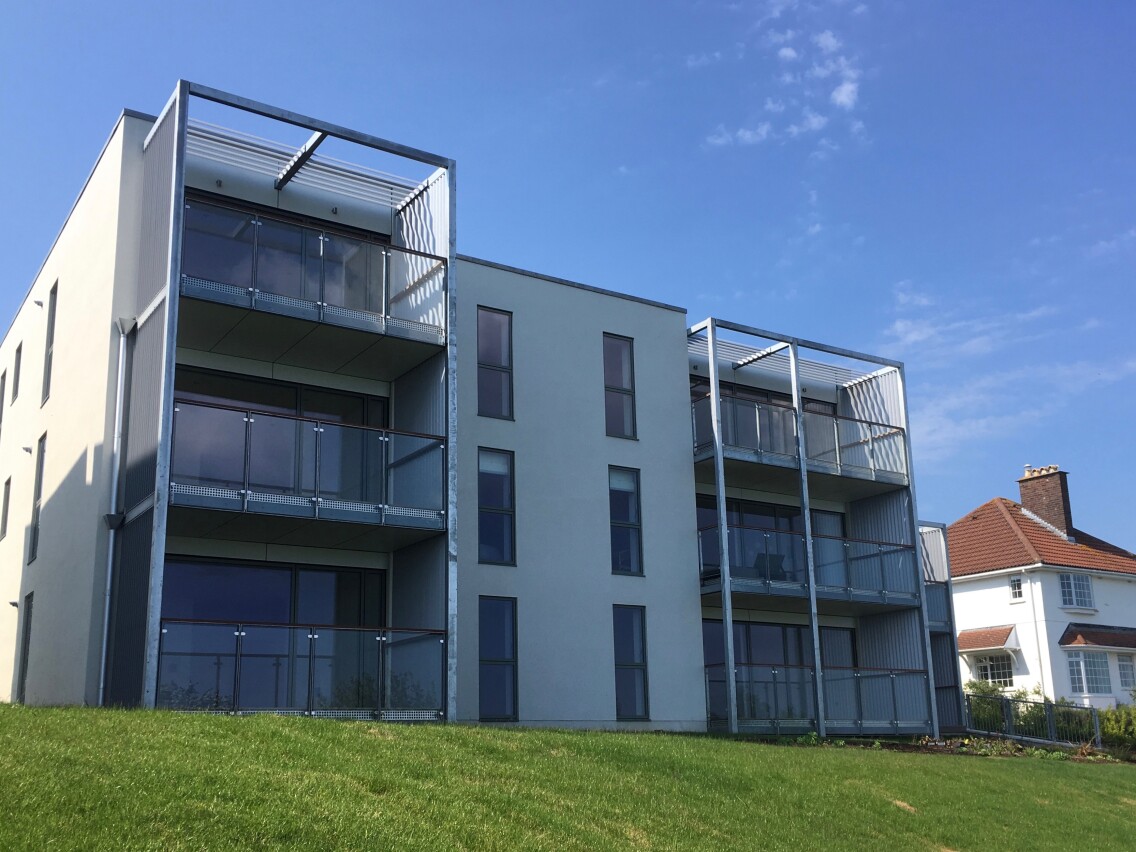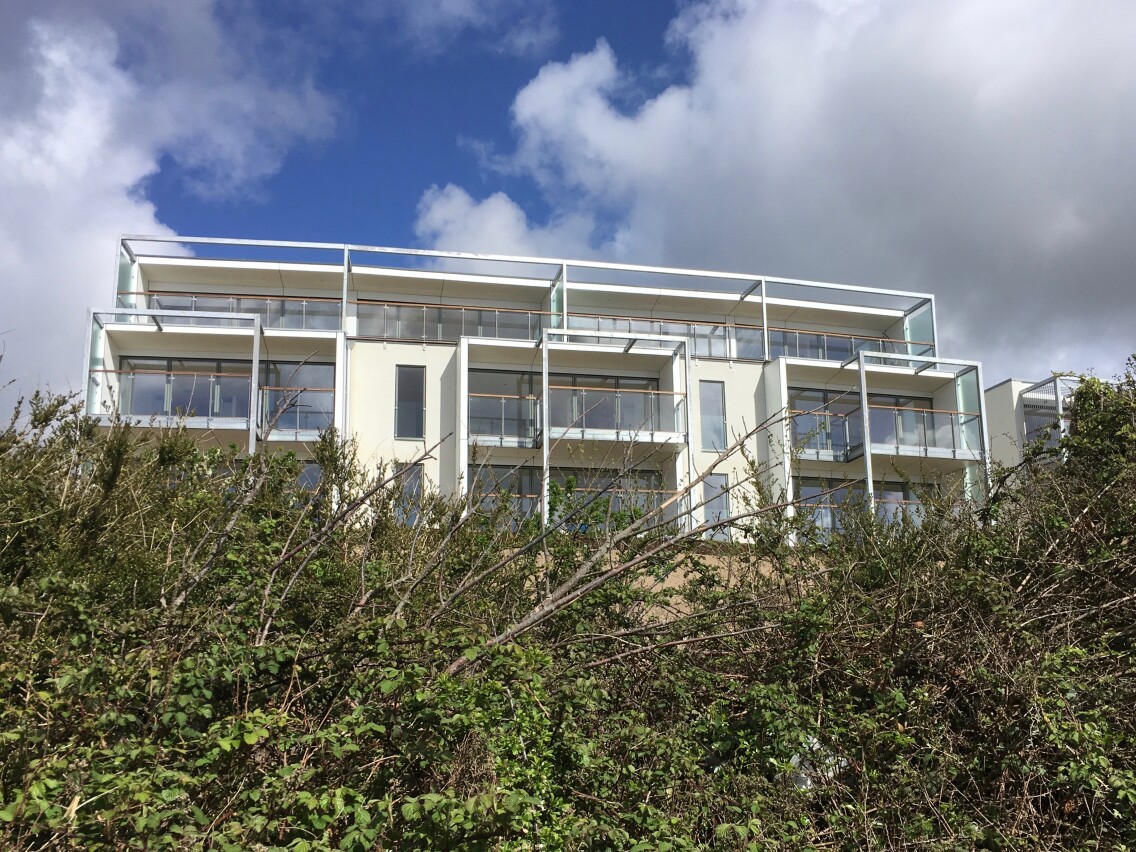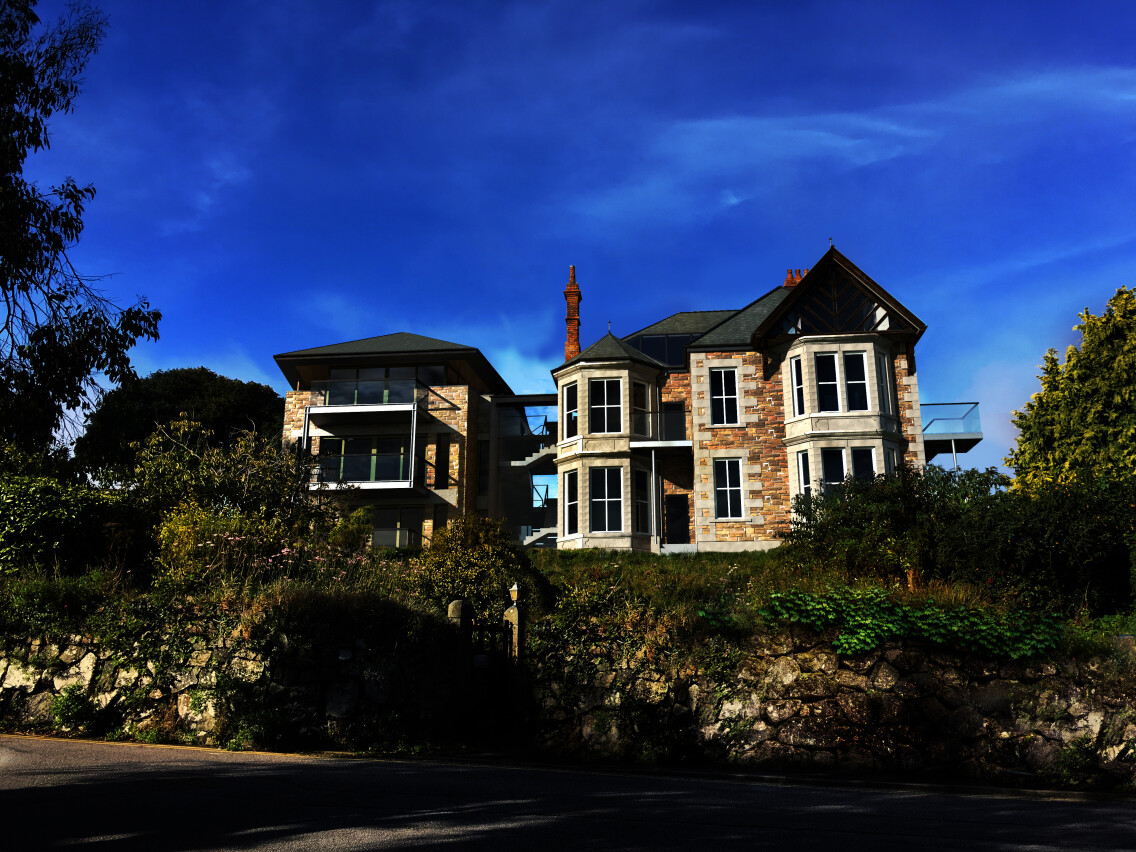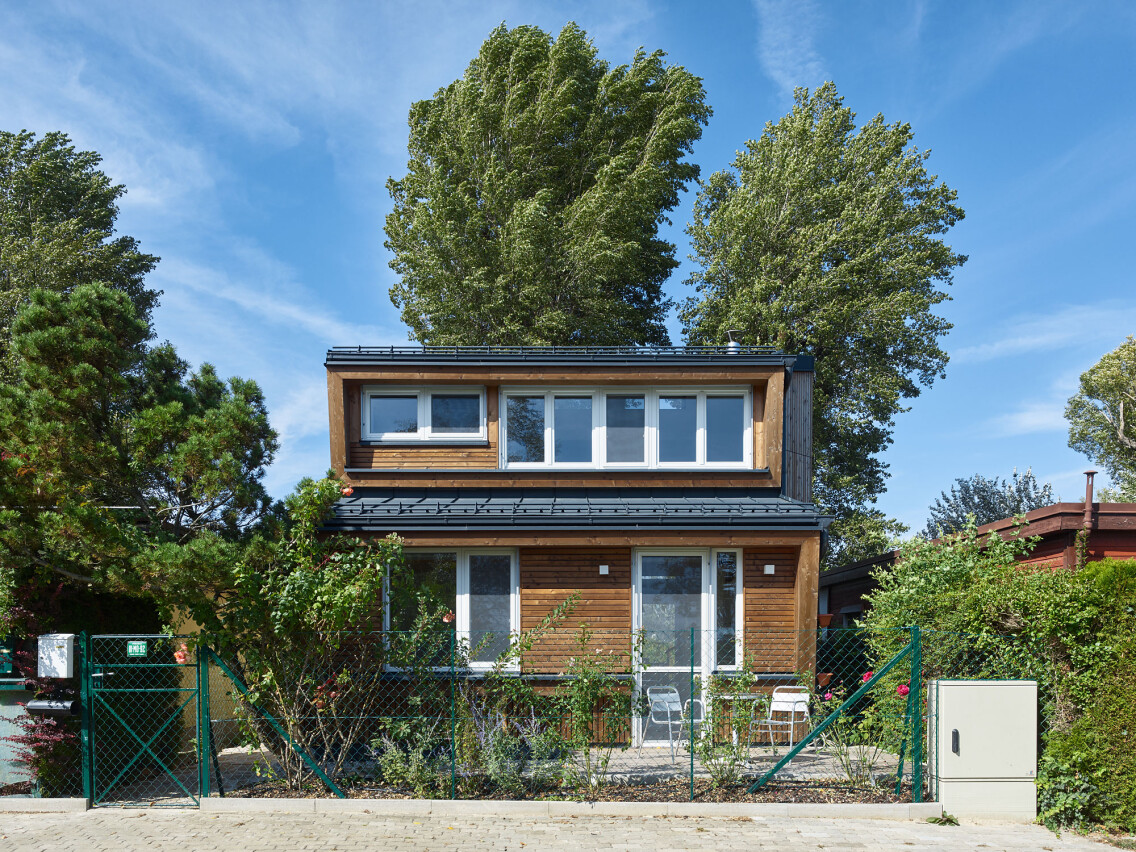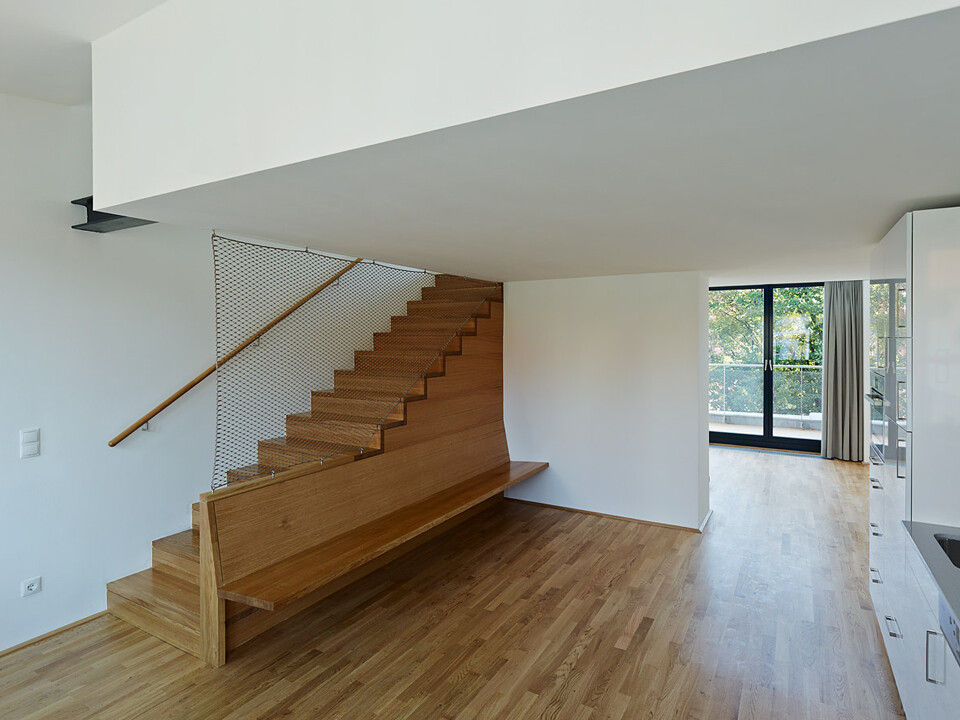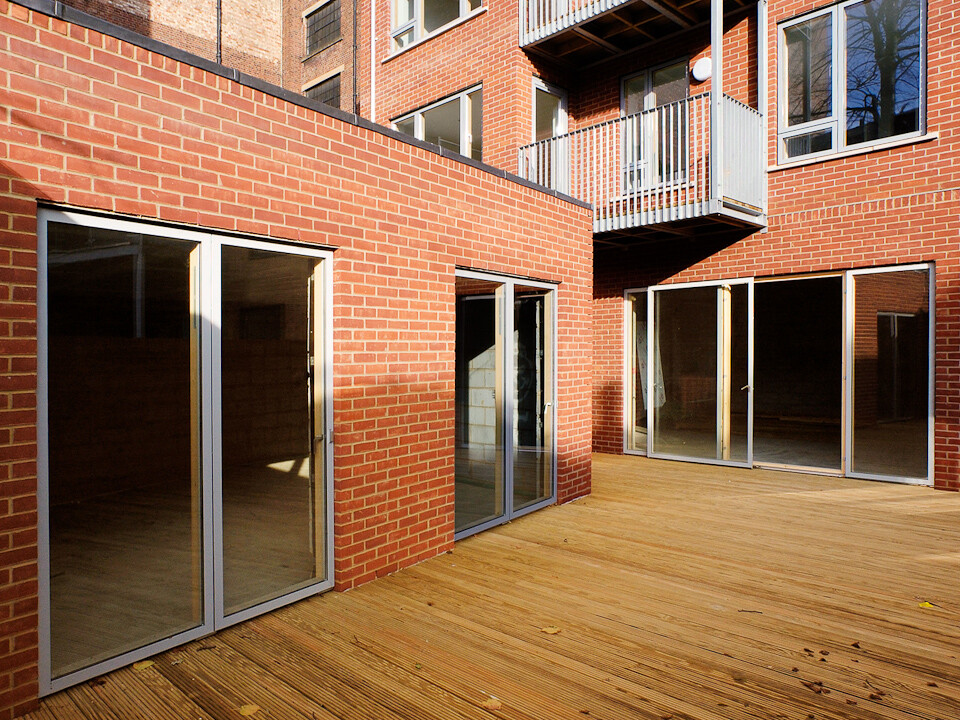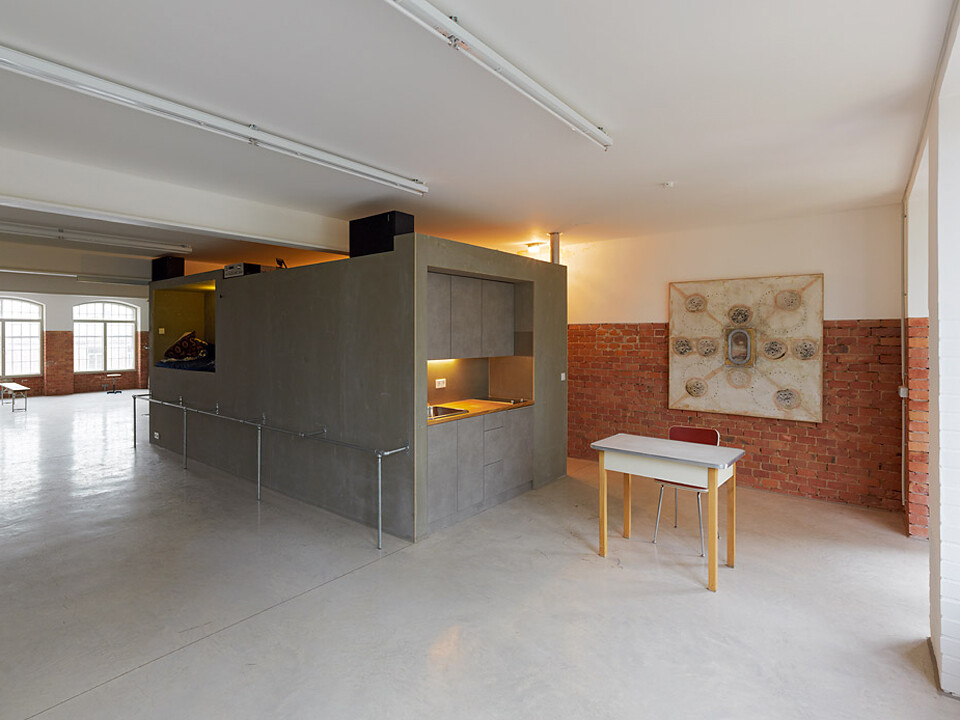A dwelling should provide its residents with both a feeling of protectedness and freedom. Those who feel protected can experience freedom – without protectedness freedom becomes exposure.
Protectedness develops within rooms through their proportions as well as the placement and size of their openings, and the ways these properties allow people to inhabit said rooms.
Freedom originates from the relation among spaces: be it the rooms of a dwelling or be it internal and external space. The principal agent of freedom is the unconfined view wherever possible and plausible.
The unconfined view is created by means of order. Rooms are not only to be arranged following practical demands, it is equally important to liberate the view. In this context order fosters freedom.
However, not only the relationship between order and freedom is complex: freedom must also entail the possibility to escape from the gaze of others and to thus choose protectedness.
© Finn Erschen 2020
